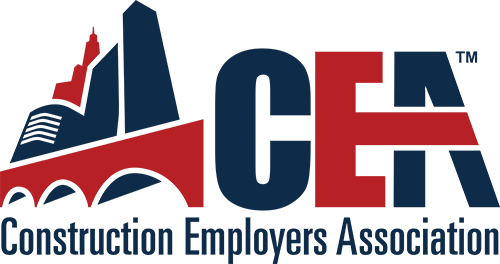COVID-19 Employer Checklist
COVID-19 Information and Checklist for Businesses/Employers
Protecting Against COVID-19
Enhanced Unemployment Aid
Ohio Governor Mike DeWine is ordering the relaxing of some unemployment compensation requirements and timelines for COVID-19 impacted workers who do not receive paid leave and for people who have been quarantined due to COVID-19. Visit unemployment.ohio.gov for additional information. Support for Small Businesses and Non-Profit Organizations Ohio has qualified for the Small Business Administration (SBA) Economic Injury Disaster Loan (EIDL) program.
Support for Small Businesses and Non-Profit Organizations
Ohio has qualified for the Small Business Administration (SBA) Economic Injury Disaster Loan (EIDL) program.
- Small businesses, small agricultural cooperatives, small aquaculture businesses, and most nonprofit organizations qualify.
- Small business owners and non-profit agencies impacted by the public health crisis can apply for low-interest loans of up to $2 million with repayment terms of up to 30 years.
- Businesses and non-profits can apply online at SBA.gov/Disaster (quicker and recommended) or call 1-800-659-2955 to request an application in the mail.
- Businesses that have already reached out to the Development Services Agency will be notified by email as soon as the application is available.
- SBA will review applications and determine eligibility.
- The SBA and the applicant will close on the loan.
- The normal timeline is 2-3 weeks from application to deposit, but SBA does not yet know what the timeline will be, given the scope of the current situation.
- Loan applicants should start compiling info the SBA will need when the application opens:
- Most recent federal income tax return for the applicant business.
- IRS form 4506-T.
Ohio Department of Health Director Amy Acton, M.D., MPH, strongly recommends that businesses and employers take the following actions.
- Allow as many employees as possible to work from home by implementing policies in areas such as teleworking and video conferencing.
If employees do report to workplaces:
- Actively encourage sick employees to stay home until they are free of fever or symptoms (without the use of medication) for at least 24 hours. Do not require a healthcare provider’s note to validate
the illness or return to work of employees sick with acute respiratory illness; healthcare provider offices and medical facilities may be extremely busy and not able to provide such documentation in
a timely way. - Ensure that your sick leave policies are up to date, flexible, and non-punitive to allow sick employees to stay home to care for themselves, children, or other family members. Consider encouraging employees to do a self-assessment each day to check if they have any COVID-19 symptoms (fever, cough, or shortness of breath).
- Separate employees who appear to have acute respiratory illness symptoms from other employees and send them home immediately. Restrict their access to the business until they have recovered.
- Reinforce key messages — stay home when sick, use cough and sneeze etiquette, and practice hand hygiene — to all employees, and place place posters in areas where they are most likely to be seen. Provide protection supplies such as soap and water, hand sanitizer, tissues, and no-touch disposal receptacles for use by employees.
- Frequently perform enhanced environmental cleaning of commonly touched surfaces, such as workstations, countertops, railings, door handles, and doorknobs. Use the cleaning agents that are usually used in these areas and follow the directions on the label. Provide disposable wipes so that commonly used surfaces can be wiped down by employees before each use.
- Be prepared to change business practices if needed to maintain critical operations (e.g., identify alternative suppliers, prioritize customers, or temporarily suspend some of your operations).
For more information on COVID-19, please visit coronavirus.ohio.gov
For answers to your COVID-19 questions, call 1-833-4-ASK-ODH (1-833-427-5634).
If you or a loved one are experiencing anxiety related to the coronavirus pandemic, help is available. Call the Disaster Distress Helpline at 1-800-985-5990 (1-800-846-8517 TTY); connect with a trained counselor through the Ohio Crisis Text Line by texting the keyword “4HOPE” to 741 741; or call the Ohio Department of Mental Health and Addiction Services help line at 1-877-275-6364 to find resources in your community.
Additional resources:
CDC’s Interim Guidance for Businesses and Employers: https://www.cdc.gov/coronavirus/2019-ncov/community/guidancebusiness-response.html.
COVID-19 Information for Businesses: https://www.tpchd.org/healthy-people/diseases/covid-19-information-for- businesses
